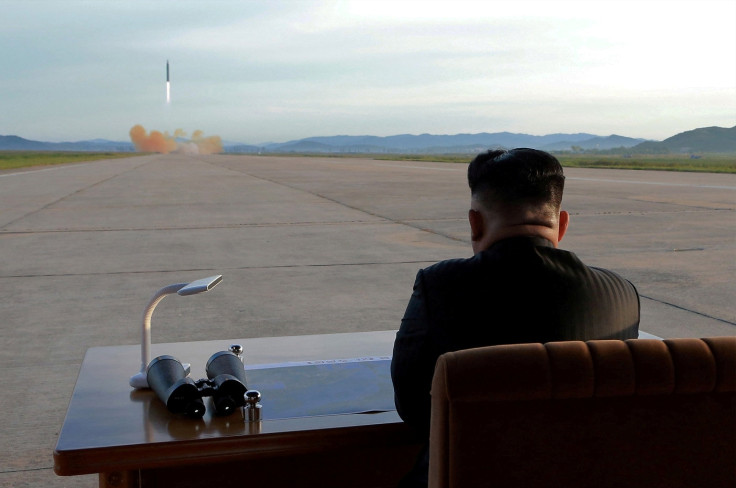China annoyed as US, Japan and South Korea kick off trilateral missile-tracking exercise
"The situation is in a vicious cycle of provocation and confrontation. This is not conducive to regional peace and stability," Chinese foreign ministry spokesman said.
The US, Japan and South Korea kicked off a two-day missile-tracking exercise on Monday (11 December) as China warned that such military assertions in the volatile Korean peninsula would not help in reducing the ongoing tensions.
The trilateral drill comes days after North Korea launched its latest long-range missile, which was claimed to be the country's most sophisticated till date. Invariably, the event is bound to infuriate the hermit kingdom, which often pours scorn on such activities of the US military in the region.
Four Aegis-equipped destroyers from the three navies are set to take part in the exercise. According to reports, computer-simulated missiles, similar to the North Korean projectiles, will be closely tracked during the drills.
The exercise, which will be held in the waters off the Japan's coast, is aimed at "practising tracking an object and sharing information on it among the three countries" as the tensions continue to rise in the region with no credible solution in sight as yet.
"During the drill, Aegis warships from each country will simulate detecting and tracking down potential ballistic missiles from the North and sharing information," the South Korean defence ministry said. This is the sixth such missile-tracking exercise taking place since June 2016.
The US and South Korea wrapped up their large-scale aerial exercises only last week as those drills kicked off just after the North's missile launch on 29 November. The reclusive Pyongyang regime said it was "an established fact" that the manoeuvre was a precursor for an actual invasion by the US.
Though South Korea and Japan individually have differences over territory and other political matters, the two Asian nations remain key US partners. Their cooperation gains additional significance particularly in the wake of increasing threats from the Kim Jong-un regime.
However, China is not happy with the situation. Beijing has urged the US to scale down its military activities so as to not provoke North Korea.
"The situation is in a vicious cycle of provocation and confrontation. This is not conducive to regional peace and stability," said Chinese foreign ministry spokesman, Lu Kang. "If such a vicious cycle continues and leads to a very bad result, it serves no party's interest."























